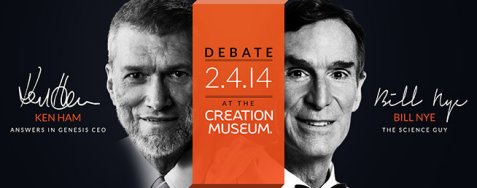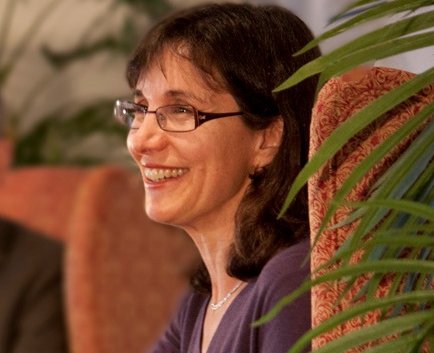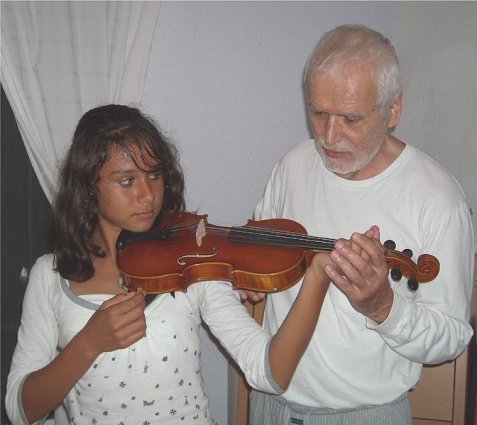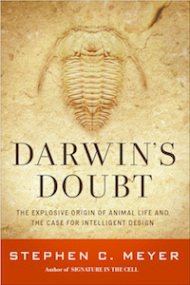
I already gave you my general thoughts on the debate that took place between Ken Ham and Bill Nye last week. However, I would like to address a few of the particular subjects that Bill Nye raised, because I don’t think Ken Ham did a great job of answering them. Of course, due to the debate structure, neither of the men had much time to address the other’s issues. Nevertheless, I do think they each could have done more than they actually did.
In this post, I want to concentrate on Nye’s contention that the fossil record neatly supports evolution. For example, in his presentation he described the geological column, claiming that the “higher” animals are found in more recent rock layers, while the “lower” animals are found in the older rock layers. Starting at 1:04:15 in the online video, he then says:
You never, ever find a higher animal mixed in with a lower one. You never find a lower one trying to swim its way to the higher one…Anyone here, really, if you can find one example of that – one example of that anywhere in the world – the scientists of the world challenge you – they would embrace you. You would be a hero. You would change the world if you could find one example of that anywhere.
Nye repeated a variation of this claim later in the debate, so it was clearly meaningful to him.
Of course, the fact is that you do find higher animals in rock layers with lower animals. Evolutionists have many ways of dealing with the problem, but none of them involve making the discoverer into a hero.








